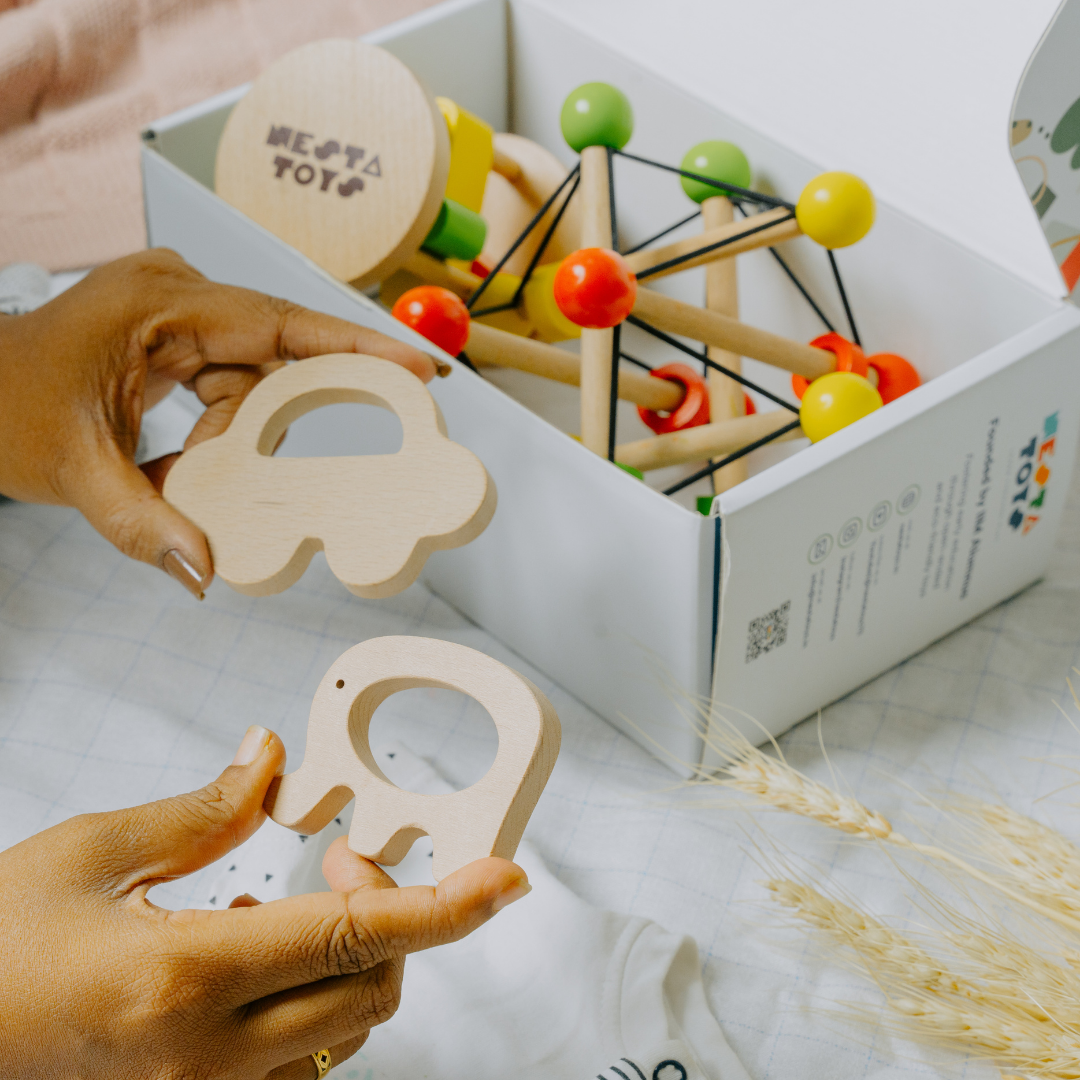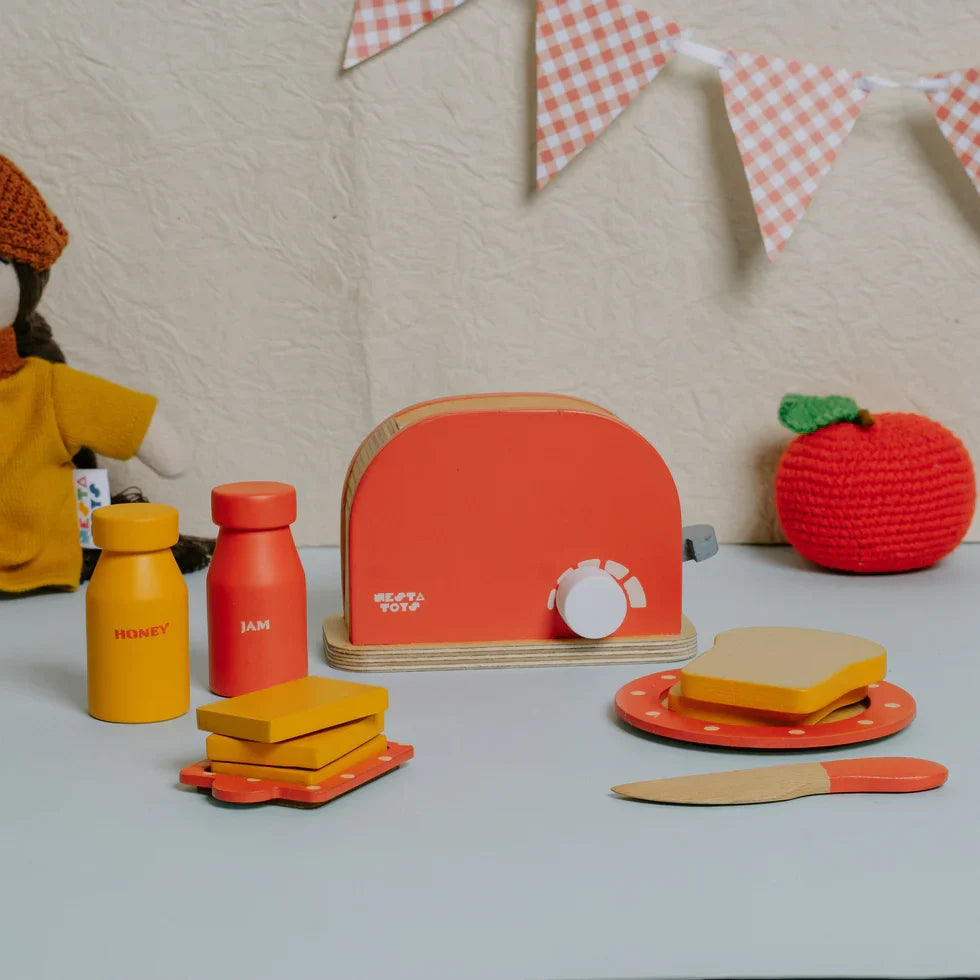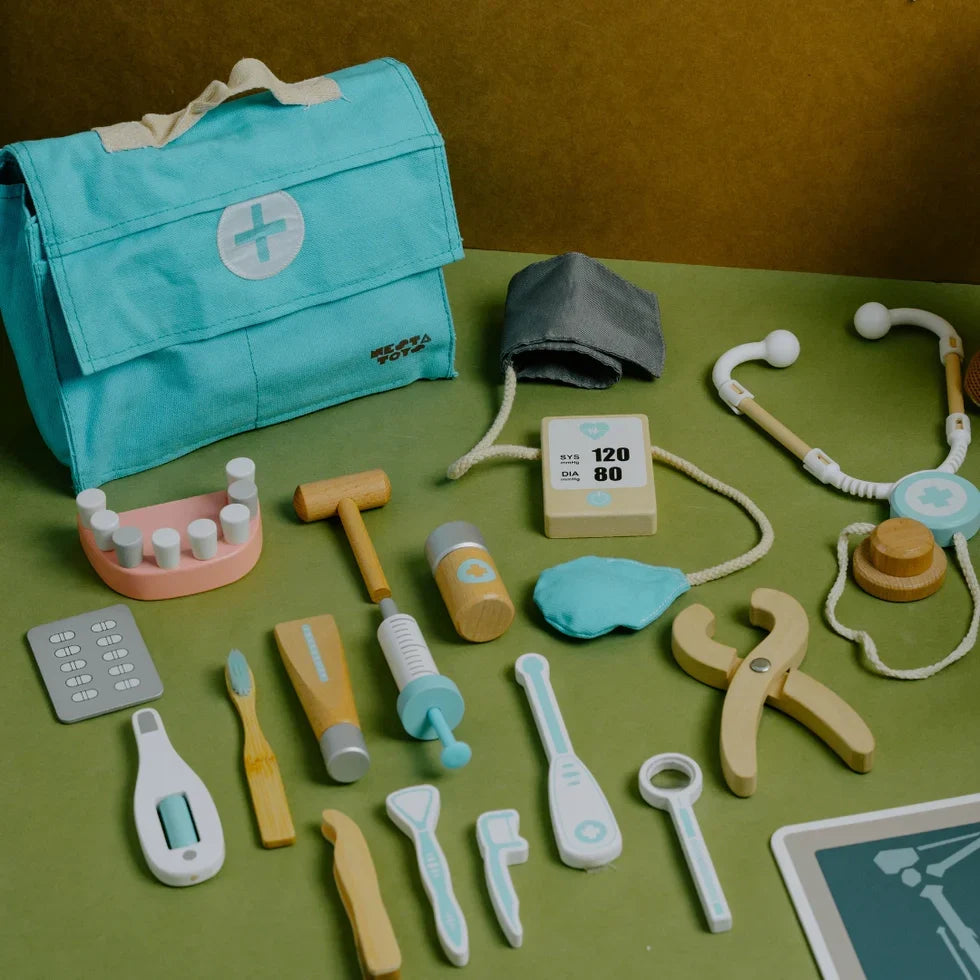Introducing solid foods is an exciting milestone in your baby’s development, but for many parents, figuring out the right time to start can feel overwhelming. Choosing the right time to start solids is essential for supporting your baby’s health, growth, and nutritional needs. The transition from milk to solids isn’t just about age; it’s about recognizing the signs that show your baby is ready for this exciting new step. In this blog, we’ll go over the key signs that show your baby is ready for solid foods, so you can make an informed decision about when to introduce new textures and flavors to their diet.
Following are just a few of the organizations that recommend that all babies be exclusively breastfed (no cereal, juice or any other foods) for the first 6 months of life (not the first 4-6 months):
- World Health Organization
- UNICEF
- American Academy of Pediatrics
- American Academy of Family Physicians
- Australian National Health and Medical Research Council
- Health Canada
- Most babies will become developmentally and physiologically readyto eat solid foods between 6 and 8 months of age.

Why Wait until 6 months for solids?
Waiting until around six months to introduce solid foods is important to ensure your baby’s digestive system is ready and their nutritional needs are properly met.
1. Baby will have greater protection from illness.- Breastmilk contains 50+ known immune factors, and also facilitates the development of “good bacteria” that protect baby’s gut.
- Exclusive breastfeeding for at least 3-4 months (as opposed to non-exclusive breastfeeding) significantly lowers the risk of respiratory infections, ear infections, necrotizing enterocolitis (NEC), sudden infant death syndrome (SIDS), allergic diseases, celiac disease, and type 1 diabetes.
- Exclusive breastfeeding for 6 months (compared to 4-6 months), further decreases the risk of gastrointestinal infection and respiratory infection. (AAP 2012, Naylor & Morrow 2001)
2. Baby’s digestive system will have time to mature
If solids are started before a baby’s system is ready to handle them, they are poorly digested and may cause unpleasant reactions (digestive upset, gas, constipation, etc.). Digestion of fats, protein, and complex carbohydrates is incomplete in infancy, but human milk contains enzymes that aid efficient digestion (Naylor & Morrow 2001).
- In addition, from birth until somewhere between four and six months of age babies possess what is often referred to as an “open gut.” This means that the spaces between the cells of the small intestines will readily allow intact macromolecules, including whole proteins and pathogens, to pass directly into the bloodstream.
- This is great for your breastfed baby as it allows beneficial antibodies in breastmilk to pass more directly into baby’s bloodstream, but it also means that large proteins from other foods (which may predispose baby to allergies) and disease-causing pathogens can pass right through, too.
- During baby’s first 4-6 months, while the gut is still “open,” antibodies (sIgA) from breastmilk coat baby’s digestive tract and provide passive immunity, reducing the likelihood of illness and allergic reactions before gut closure occurs.
- Baby starts producing these antibodies on his own at around 6 months, and gut closure should have occurred by this time also.
3. Baby will be developmentally ready to eat foods that are not liquids..
- A review done by Naylor & Morrow (2001) concluded, “These clinical reports indicate that the majority of normal full-term infants are not developmentally ready for the transition from suckling to sucking or for managing semi-solids and solid foods in addition to liquids until between six and eight months of age.”
4.Baby will have a lower risk of obesity in the future.
- The early introduction of solids in infancy is associated with increased body fat and weight in adolescents and adults. (AAP 2012, Wilson 1998, von Kries 1999, Kalies 2005)
5.Starting solids will be easier.
- Babies who start solids later can feed themselves.
6. Baby may have more protection from iron-deficiency anemia.
- Introducing iron supplements and iron-fortified foods, especially within the first six months, can reduce the efficiency of your baby’s iron absorption.
- In a study of healthy, full-term infants (Pisacane, 1995), researchers found that babies who were exclusively breastfed for seven months, without receiving iron supplements or iron-fortified cereals, had significantly higher hemoglobin levels at one year compared to those who were introduced to solid foods before seven months.
- The researchers found nocases of anemia within the first year in babies breastfed exclusively for seven months and concluded that breastfeeding exclusively for seven months reduces the risk of anemia.
7.Mom will more easily maintain her milk supply.
- Studies have shown that for babies under six months, solids tend to replacebreastmilk in a baby’s diet – they do not add to baby’s total intake (WHO 2003, Cohen 1994, Dewey 1999).
- The more solids your baby eats, the less milk they will drink from you, which can lead to a decrease in milk production. Babies who consume a lot of solids or start solids early often tend to wean prematurely.
Overall, waiting until six months ensures a smoother transition to solids and supports your baby’s healthy growth and development.
Disclaimer: The information provided in this article is intended for general knowledge and educational purposes. It is not a substitute for professional medical advice, diagnosis, or treatment. Every baby is unique, and what works for one may not be suitable for another. We strongly encourage parents to consult with their pediatrician or a qualified healthcare professional before making any decisions about their baby's feeding approach or introducing new foods.








